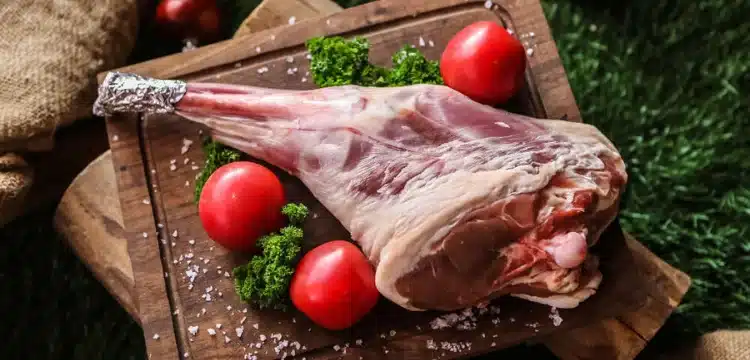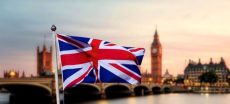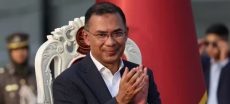Eid ul Azha, the Festival of Sacrifice, is a time of joy, reflection, and feasting for Muslims worldwide. Central to the celebrations are the lavish meals prepared with the meat of sacrificial animals, predominantly beef and mutton. While these festive dishes are a highlight of Eid ul Azha, it’s essential to balance indulgence with health considerations. How much beef or mutton should you eat to enjoy the celebrations without compromising your well-being? Let’s explore expert advice on this matter.
Understanding Portion Sizes
Nutritionists emphasize the importance of moderation, even during festive times. The general recommendation is to keep meat portions in check to avoid overconsumption, which can lead to health issues. According to dietary guidelines, a healthy portion of cooked meat for an adult is about 3-4 ounces (85-113 grams) per meal, roughly the size of a deck of cards. During Eid ul Azha, it’s easy to exceed this amount, so being mindful of portion sizes is crucial.
Health Implications of Excessive Meat Consumption
Heart Health Eating large quantities of red meat, such as beef and mutton, can increase the risk of heart disease. These meats are high in saturated fats and cholesterol, which can contribute to the development of cardiovascular conditions if consumed in excess.
Digestive Health Overindulgence in meat can also lead to digestive issues such as indigestion, bloating, and constipation. Red meat is harder to digest compared to other protein sources, and consuming too much can strain your digestive system.
Weight Management High-calorie meat dishes can contribute to weight gain if not balanced with physical activity and other low-calorie foods. This is particularly concerning during festive seasons when multiple rich dishes are often consumed in a single meal.
Balancing Meat Consumption with Other Nutrients
To maintain a balanced diet during Eid ul Azha, consider these tips:
Include Vegetables Incorporate a variety of vegetables into your meals to provide essential vitamins, minerals, and fiber. Salads, grilled vegetables, and sautéed greens are excellent choices to complement meat dishes.
Opt for Lean Cuts Choose lean cuts of meat to reduce the intake of saturated fats. Trim visible fat from beef and mutton before cooking, and consider healthier cooking methods like grilling, baking, or steaming instead of frying.
Stay Hydrated Drink plenty of water throughout the day to aid digestion and help your body process the rich foods typically consumed during Eid ul Azha.
Balanced Plates Aim for balanced plates that include a portion of meat, a serving of vegetables, and whole grains like brown rice or whole wheat bread. This approach ensures a more diverse intake of nutrients.
Expert Opinions
Nutritionists’ Recommendations Dr. Sarah Ahmed, a registered dietitian, advises, “While it’s natural to indulge in traditional dishes during Eid ul Azha, it’s important to practice portion control. Enjoy a small serving of your favorite meat dishes and balance it with generous portions of vegetables and whole grains.”
Health-Conscious Celebrations Fitness expert Ahmed Khan suggests, “Engage in physical activities such as walking or playing sports with family and friends during Eid. It helps to burn off some of the extra calories and keeps you active.”
Conclusion: Enjoying Eid ul Azha Responsibly
Eid ul Azha is a time for joy, togetherness, and sharing delicious meals. By being mindful of portion sizes and balancing meat consumption with other nutritious foods, you can enjoy the festivities without compromising your health. Remember, moderation is key. Celebrate with an emphasis on health and well-being to ensure that the joy of Eid ul Azha is complemented by a sense of physical well-being.
As you prepare for this special occasion, keep these guidelines in mind and share the message of balanced eating with your loved ones. Eid Mubarak!











